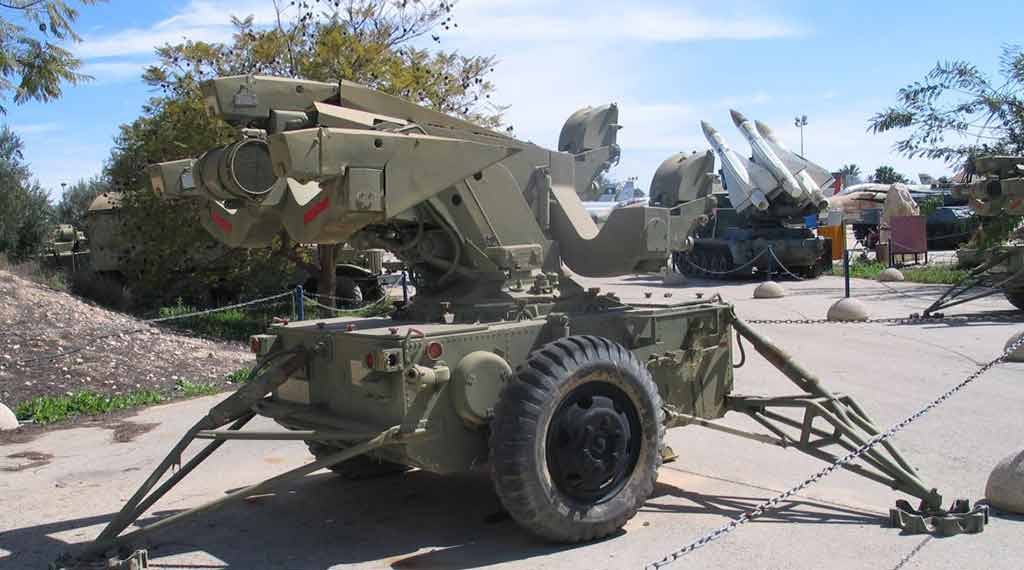Two underlying assumptions guided Israel’s security establishment for the past generation. The first asserted that with the end of the Cold War, the era of conventional wars had ended. In the present age, brains, rather than brawn, would rule the roost.
The primary author of the “small and smart IDF” doctrine was Ehud Barak, who served as Chief of General Staff of the Israel Defense Forces when the Berlin Wall crumbled. In later years, the slogan was finessed.
A generation of IDF Chiefs of General Staff organized around the vision of a “small, technological and lethal army.”
As Maj. Gen. Yitzhak Brick, (retired) who served as the IDF ombudsman for 10 years, has documented, operating under the spell of Barak’s doctrine, the IDF shut down multiple reserve divisions. It cut its artillery forces by 50%. Armored brigades were shut down. The reserve force was reduced by 80% between 2003 and 2017. The non-commissioned officer corps was gutted. The bulk of the IDF budget and nearly all the U.S. military aid were diverted to the Air Force—the strategic arm of the “small, technological and lethal” IDF.
The doctrine was repeatedly exposed as a farce, but to no avail. The air force didn’t defeat the Palestinian terror factories in Judea and Samaria in 2002. The ground forces did. The air force never had a response to missiles from Hezbollah to the north and Hamas to the south. Without regional brigades defending the borders, Israel’s “peacetime” borders with Jordan on the east and Egypt at its west became highways for weapons smugglers.
Brick’s warnings fell on deaf ears until the “small, smart army” fallacy was obliterated by Hamas invaders on Oct. 7. Israel’s multi-billion shekel “smart fence” was felled by bulldozers. Its automatic response system was obliterated by RPGs. Hundreds of soldiers manning these worthless technological wonders were slaughtered or kidnapped. Everything failed.
A microcosm of all things oppressive
This brings us to the second underlying assumption that guided Israel’s security establishment for the past generation. This assumption, also championed by Barak, asserted that Israel’s most important strategic asset was the United States.
Leaving aside the obvious fact that a strategy of dependence on an outside actor effectively gutted Israel’s national independence, on the surface, Barak’s dependence concept seemed reasonable.
The Americans rescued Israel with its weapons airlift in the 1973 Yom Kippur War. In 1992, the United States was the sole global superpower. Because Israel was seen as Washington’s “mini-me,” countries worldwide lined up to be friends with Israel, which they perceived as the gateway to Washington. The vast majority of Americans supported Israel. U.S. military aid to Israel enjoyed wide bipartisan support.
| This file by Bukvoed is licensed under the Creative Commons Attribution-Share Alike 3.0 Unported license. |
- The opportunity of Trump’s victory - November 7, 2024
- Netanyahu’s ‘day after’ plan - October 15, 2024
- The secret of Netanyahu’s unacknowledged and historic popularity - October 10, 2024

